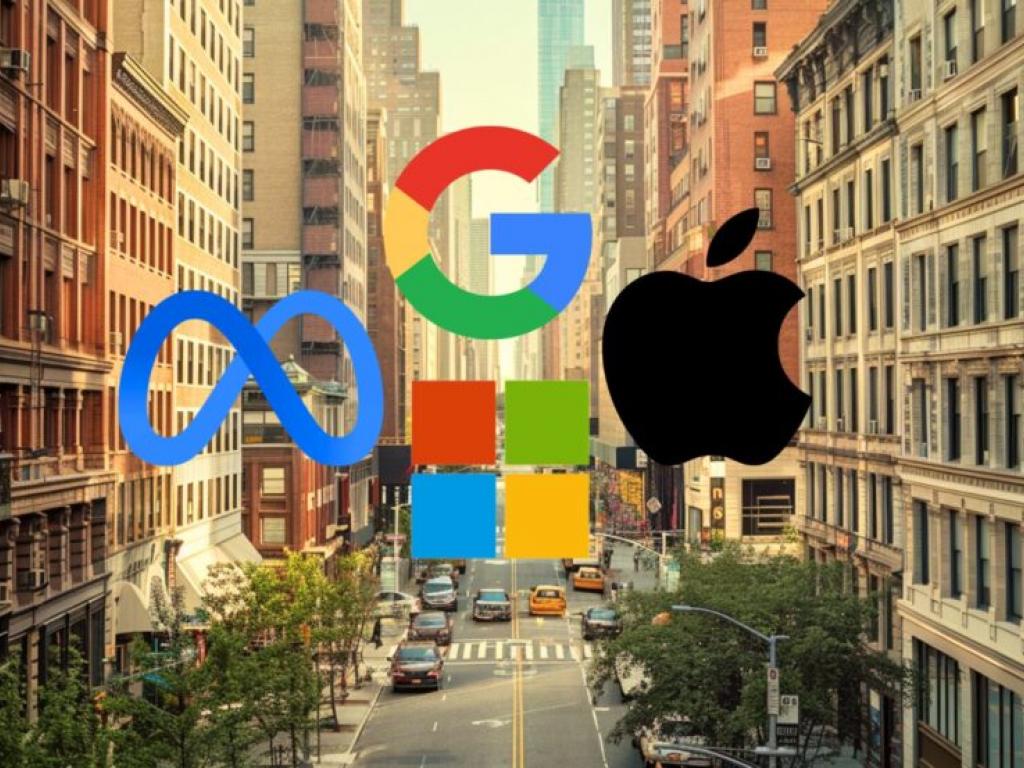New EU AI Act Takes Effect: Here's How Apple, Meta, Google, And Other US Tech Titans Will Be Impacted
Author: Benzinga Neuro | August 01, 2024 05:50am
The European Union’s groundbreaking AI Act, a legislation aimed at regulating artificial intelligence, officially comes into effect today, bringing significant changes for American tech giants.
What Happened: The AI Act, which was approved by EU member states, lawmakers, and the European Commission in May, primarily targets large U.S. tech companies, the main developers of advanced AI systems, CNBC reported on Thursday. The regulation provides a comprehensive and harmonized regulatory framework for AI across the EU, applying a risk-based approach to regulating the technology.
Under the AI Act, AI applications considered “high-risk” will be subject to strict obligations, including adequate risk assessment and mitigation systems, high-quality training datasets to minimize bias, routine logging of activity, and mandatory sharing of detailed documentation with authorities to assess compliance.
Apple Inc. (NASDAQ:AAPL), Meta Platforms Inc. (NASDAQ:META), Alphabet Inc. (NASDAQ:GOOGL) (NASDAQ:GOOG), and other U.S. tech giants, who have been heavily investing in AI, will be among the most affected by the new rules.
“The AI Act applies to any organization with any operation or impact in the EU, which means it will likely apply to you no matter where you’re located,” said Charlie Thompson, senior vice president of EMEA and LATAM for enterprise software firm Appian.
See Also: Nvidia Reportedly Developing A New Version Of Its Flagship AI Chip For Chinese Market Amid US Export Restrictions (UPDATED)
The legislation also imposes a blanket ban on any applications of AI deemed “unacceptable” in terms of their risk level, including “social scoring” systems, predictive policing, and the use of emotional recognition technology in the workplace or schools.
Companies that violate the EU AI Act could face fines between 35 million euros ($41 million) or 7% of their global annual revenues, whichever is higher, to 7.5 million or 1.5% of global annual revenues, depending on the infringement and size of the company.
Why It Matters: The AI Act is the latest in a series of EU regulations aimed at curbing tech giants’ power. The Digital Markets Act, which came into effect in March, required tech companies to offer mobile users the option to choose from a list of available web browsers, challenging the dominance of companies like Apple and Google.
The EU has often clashed with tech giants over AI. In July, the EU reportedly prepared to charge Meta with a breach of its digital regulations, following a similar case against Apple. The AI Act, therefore, represents a continuation of the EU’s efforts to regulate the tech industry and protect consumer interests.
Read Next:
Image via Shutterstock
This story was generated using Benzinga Neuro and edited by Pooja Rajkumari
Posted In: AAPL GOOG GOOGL META





